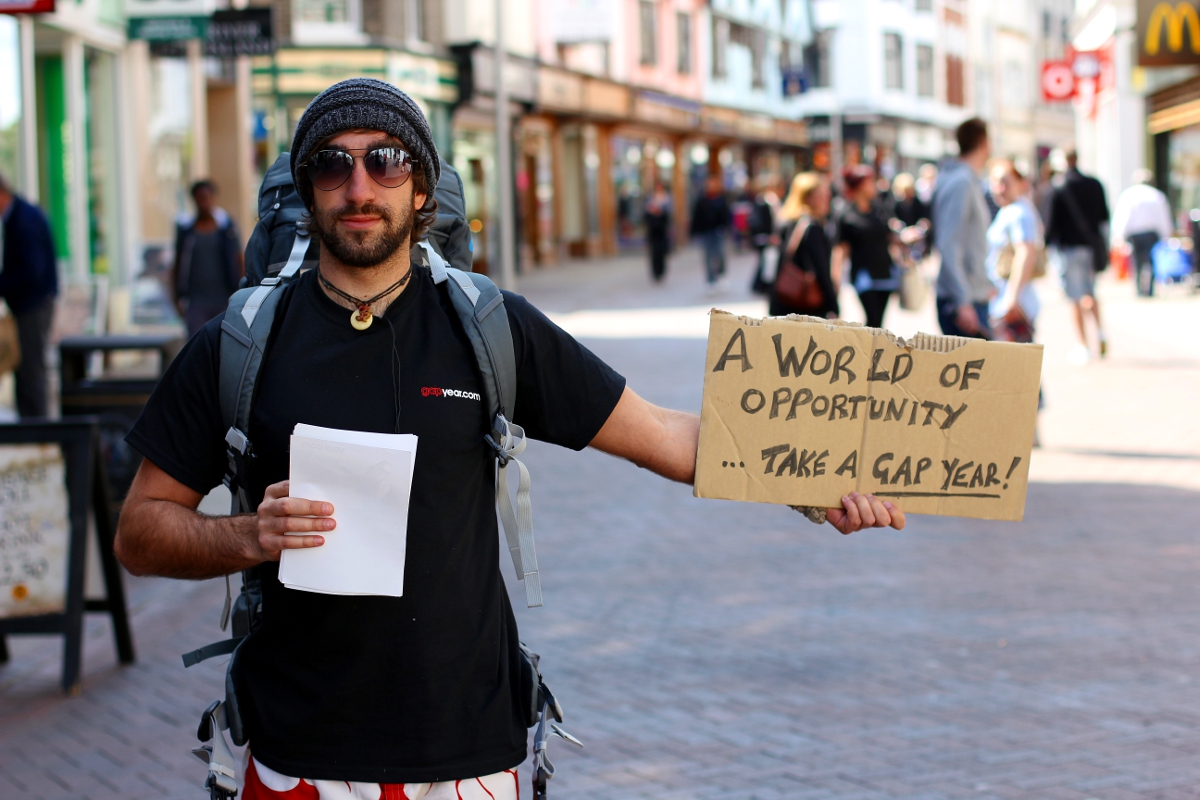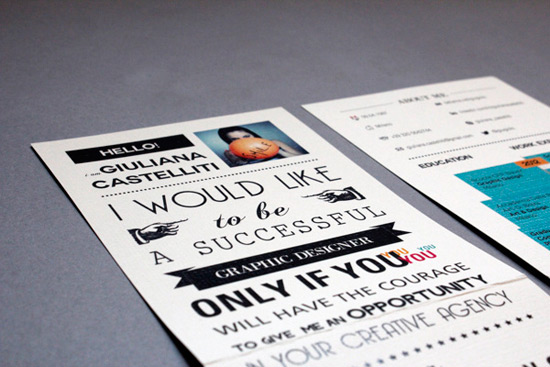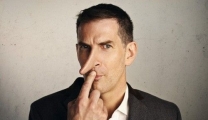Screening the CV is the first step before selecting candidates to the direct interview. That is a very important step in the recruitment process. With over 15 years working in this field, today, Vietnam Manpower will share some points we care about in CV so that candidates can get references to have the better chance for the direct interview and in the same way other recruiters can make the comparison and share with us your viewpoint
First of all, Remember, a recruiter does not have time to read all the things you write in your CV.

They just take few seconds to take a look at it, so what a candidate needs to do is focus on the key factors. Find out what an HR care in a CV:
- The recent position: They usually try to find the newest job of a contestant and why he was attracted with this job. Was he fired? How long has he been there? Did it relate to position he was apply?
- Company reputation: A well-known company will help employers check information easier. In some cases, when they never heard about that company, they will read it more carefully which isn’t a big deal unless your CV is too bad.
- General experiences: Does the candidate gradually develop from time to time? Did their sense of responsible also raise when they got promoted? What was their experience suitable for this position?
- Keyword: This is a way to find the appropriate candidates. A fast and simple way: Ctrl+F (search) with few familiar keywords: MBA, PhD, Stanford, Java, iOS or anything you think of.
- Gap time: As long as you have a reasonable answer for your gap time. You developed your own project and totally failed? Too impress. Or you were home for 3 years to bring up your child or travel the world? No problem.

Remember, all we need is a specific reason, if not, we will think you were unemployed in that time.
- Your online available: Your private website, LinkedIn, Twitter, Github or Dribble or whatever you are in.
- General evaluation: Include grammar, spelling, how clear is your interpretation?
The time for all of these: Not exceed 30 seconds.
Definitely they will take the time to read carefully those CV, but basically which CV make they feel excited. And each of them will take about 1 minute to make sure to bookmark it or not.
And here are the things the recruiter actually don’t care:
- Certificate: Of course, it also depends on each position as well as company’s policy. With the technology companies, experience comes first.

In the other hand, with finance consultancy companies, degree is needed to convince customers.
- Marital status, family and picture: This thing is different from each country, But most of recruiters doesn’t care about it. If they really want to know what you look like, they will find your LinkedIn account.
- Cover letter: In big companies, they usually ignore it. Maybe in S&M enterprises, this makes a candidate stands out. So if you have to send it, make sure it’s good and short.
Furthermore, We would like to add What the recruiter expect to read more from candidates:
- Make your CV more creative: a recruiter has to read like hundreds CV, and it becomes more and more boring if it is “hundred as one”. So, write something funny or difference maybe is a favor for us, and, of course, you too. Obviously, we have more connection with you.

- List your private projects: In the after interview, a candidate usually asked “what do you do in your free time?”. We always want to know what kind of passion or hobby our candidates have after work.












Replies to This Discussion